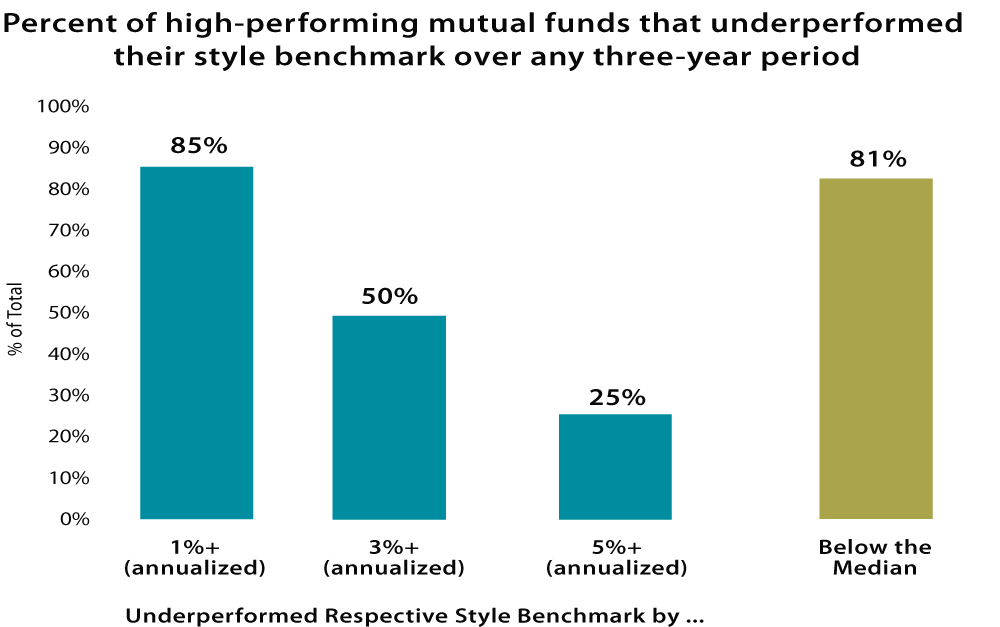Morningstar s list of best mutual funds for 2010 may not be on the money
Post on: 17 Июнь, 2015 No Comment

If you were handed an authoritative list of the best mutual funds for the next year, it would be hard to believe that any would turn out poorly if you picked them.
And yet, if you chose the funds that Morningstar Mutual Funds has tapped as the best for the year ahead, youd be making the Stupid Investment of the Week.
Theres no denying that the names on Morningstars list include some stellar funds nine of the 12 get four- or five-star ratings from the investment researcher and theres no reason to believe any of the funds will send you to the poor house. But the logic behind the list and the way it will be viewed and used by some consumers makes these funds more dangerous than they might otherwise seem.
Morningstars best funds for 2010 are Dodge & Cox Income (DODIX), Fidelity Government Income (FGOVX), Longleaf Partners (LLPFX), Schwab Total Stock Market Index (SWTSX), Manning & Napier Worldwide Opportunities (EXWAX), Mutual Quest (TEQIX), T. Rowe Price Spectrum Income (RPSIX), Royce Premier (RYPRX), Artisan International Value (ARTKX), Vanguard Inflation-Protected Securities (VIPSX), Vanguard Convertible Securities (VCVSX) and Wasatch Small Cap Growth (WAAEX).
Without naming specific funds, the newsletter also singled out the target-date funds of Vanguard and T. Rowe Price for investors who want a life-cycle issue.
Stupid Investment of the Week highlights the concerns and conditions that make securities less than ideal for the average investor, and is written in the hope that spotlighting trouble in one case will make danger easier to avoid elsewhere. While obviously not a purchase recommendation, this column also is not an automatic sell signal, particularly in the case of these funds, where the concern is more about buying off the list picking a fund because its the best of anything.
GREAT EXPECTATIONS
Morningstar Mutual Funds started listing the best funds for the year ahead six years ago. The list itself seems to run contrary to Morningstars own institutional thinking. The firm has always been focused on the long haul, with virtually every analyst I have ever talked to far more concerned with what a fund will do over the next five years than the next 12 months.
From the start, the editors of the newsletter have hedged their bets a bit, suggesting the selections were for the next year and beyond. This year, Karen Anderson, taking her first shot at the list as editor of Morningstar Mutual Funds, makes no bones about the idea that whether youre constructing your portfolio for the first time or looking to make some upgrades, Ive compiled a list of offerings that investors should consider for the long haul.
But when you say you are producing a list of the best funds for the coming year, you create an expectation that the issues you pick will actually be good performers in the year ahead. There, Morningstar hasnt done so well.
Over the first five years of this endeavor, 71 funds were named to the list (in about one-seventh of those picks, a fund actually made the list for a second or third year). Using year-to-date data for 2009, nearly two-thirds of the funds picked landed in the top half of their peer group during the year for which they were expected to be best. But beating the category average isnt what you expect from best funds; a better hurdle would be finishing in the top 25 percent of the asset class, and just 22 of 71 picks (31 percent) did that.
Morningstar has a lot of smart people who are trying their best, and who are smart statisticians, said Mark Hulbert of the Hulbert Financial Digest, which ranks the performance of investment newsletters and is a service of MarketWatch, the publisher of this report.
What they are revealing with these lists, Mark Hulbert of the Hulbert Financial Digest, is just how difficult it is for any of us to identify top performers, to say This is whats going to be the next great investment. Even among funds with absolutely fabulous track records, picking next years winners is tough.
Anderson acknowledged that investors shouldnt use the list as the bedrock of a portfolio. In fact, she suggested that investors shouldnt necessarily be jumping ship in similar funds to buy these issues, even if they dont have something that is considered the best for 2010.
But the list can be a good starting point, she said. And if you arent happy with your fund in a specific category, you might find something better here. Its just not a ready-made portfolio.
In fact, the best funds for 2010 is more like a gimmick — fun to read and to chat about, but not in keeping with the long-term thinking that investors (and Morningstar analysts) typically use.
Said Dan Wiener, editor of the Independent Advisor for Vanguard Investors: This is good marketing for Morningstar. What its not is good investing.
Chuck Jaffe is a columnist for Marketwatch.com .














